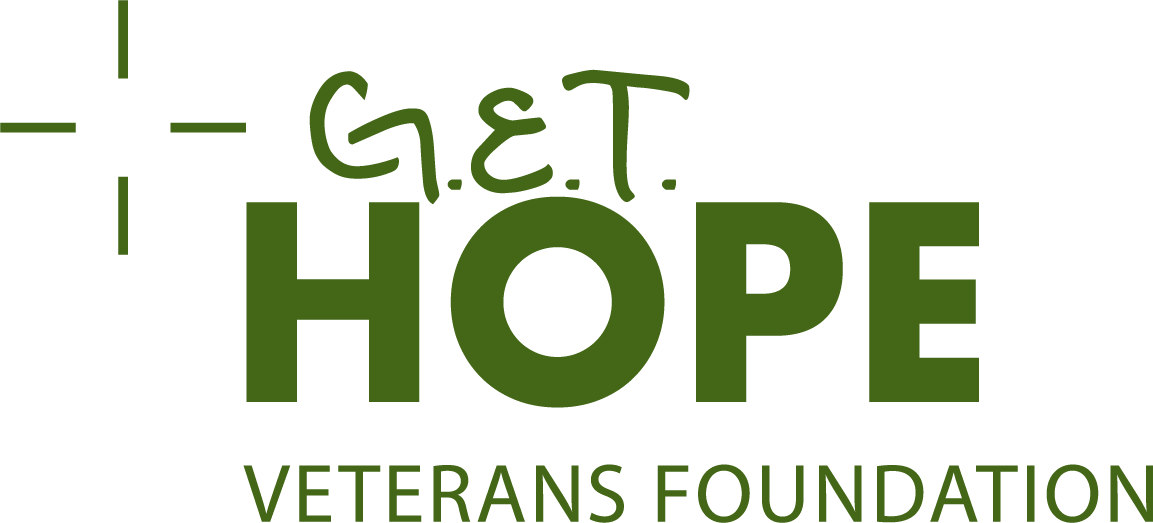Understanding Moral Injury vs. PTSD
Moral Injury in Veterans: What It Is & How It Differs from PTSD
Post-Traumatic Stress Disorder (PTSD) develops in response to exposure to life-threatening events—combat, accidents, natural disasters, or other traumatic experiences. Common symptoms include hypervigilance, flashbacks, nightmares, avoidance, and emotional numbing.
Moral injury, by contrast, arises when a person transgresses deeply held moral or ethical beliefs—or bears witness to such violations—during deployment or military service. It's rooted in guilt, shame, or betrayal rather than fear.
Key differences:
With PTSD the core emotions felt are extreme anxiety, anger, fear, terror or emotional numbness.
With Moral Injury, the core emotions range from feelings of guilt, shame, anger, or betrayal.
Why Moral Injury Matters
Without addressing moral injury, veterans may carry lifelong emotional burdens—tremendous guilt over actions taken in war, or profound shame for not acting. These feelings often don't fit neatly into PTSD—therapies focused solely on fear may miss the heart of the pain.
When Moral Compass Breaks: A Colorado Example
In Colorado Springs, the nonprofit group Coming Home Haunted operates in partnership with Mt. Carmel Veterans Service Center, offering a dedicated safe space where veterans can heal moral wounds
They help veterans by:
Hosting small-group sessions (3–4 participants) where individuals share experiences in confidentiality and solidarity
Naming moral injury as guilt and shame, not just PTSD
Fostering peer support so veterans realize they’re not alone
By talking through these experiences, veterans can find connection, relief, and understanding.
Moving Forward: Healing Beyond Trauma
Veterans living with moral injury often wonder:
“Am I unforgivable?”,
“Did I lose my moral sight?”,
“Can I ever reconcile what I did or failed to do?”
While moral injury cuts deeply, recovery is possible. With safe support spaces, compassionate care, peer understanding, and integrated therapies, veterans can begin to restore integrity, rebuild relationships, and reclaim their sense of self.
How G.E.T. HOPE Can Support
Just like the small, confidential groups in Colorado Springs that are helping veterans talk through moral injury together, we aim to create safe spaces where local veterans can open up—whether that’s in a small group setting or one-on-one with a trained Wingman who understands. Sometimes, what makes the biggest difference is simply having someone who will listen without judgment and walk alongside you through the healing process.
Moral injury wounds the soul—different from PTSD, yet equally devastating. It strikes at the heart of a person’s moral identity. But with understanding, companionship, and intentional healing, veterans don’t have to carry it alone.
If you or someone you know feels wounded by moral injury, G.E.T. HOPE is here. We’re committed to offering safe spaces, empathetic support, and pathways to moral and emotional restoration.
